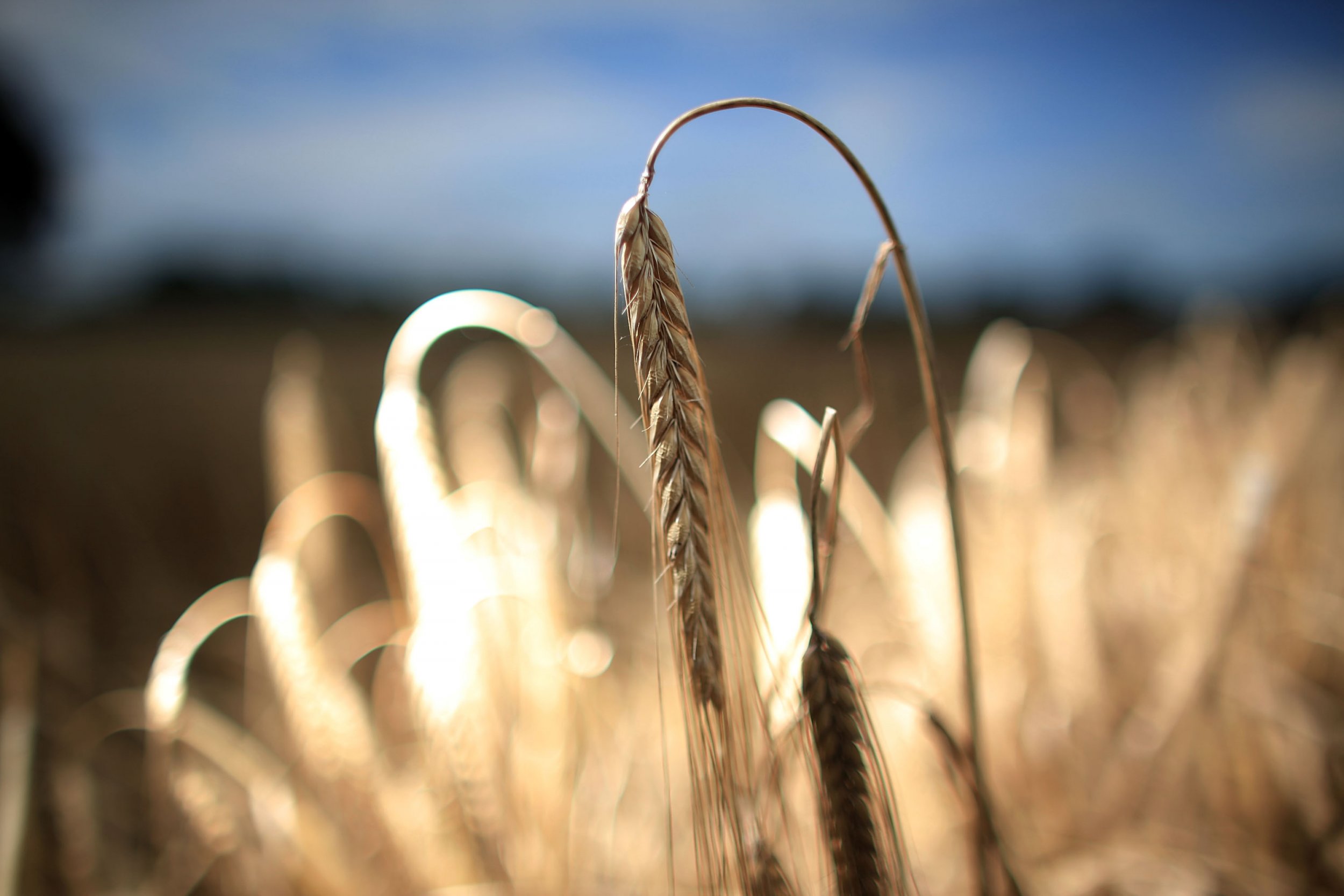
Australian researchers have discovered a new type of complex carbohydrate in barley, according to a study published in the journal Central Science.
The new compound is a type of polysaccharide—a carbohydrate which is made up of chains of different, simple sugar molecules bonded together—and is the first of its kind to be discovered in more than three decades.
According to the team from the University of Adelaide which made the discovery, the new carb is essentially a combination of glucose—the most abundant simple sugar—and xylose, which is found in the embryos of most edible plants.
"Depending on the distribution of glucose and xylose along the chain of sugars, this polysaccharide has the potential to form insoluble fibres, viscous gels or soluble aqueous solutions," Alan Little, senior research scientist with the Adelaide team and author of the Central Science study, told Newsweek. This means it could have a host of potential applications in food, medicine, cosmetics and other domains.
"Plant cell walls contain components that are of major interest for many industries such as renewable sources for energy production, composite materials or food products," he said in a statement.
"Knowledge of this new polysaccharide will open up further research to determine its role in the plant," he continued. "We know that it can be found in the roots of barley suggesting it may play a role in plant growth or resistance to external stresses such as salinity or disease. By observing natural variation of the polysaccharide in different cereal crops we will aim to identify links to important agricultural traits."
Once researchers understand more about the new compound, its potential applications will become clearer. Currently, polysaccharides are being used to improve the quality of nutrients in certain foods, among numerous other applications.
"The properties of the new polysaccharide could be manipulated to suit the desired function, increasing the range of potential uses," Little said. "The genes involved in the biosynthesis of the new polysaccharide were also discovered as part of this work. The same genes can be found in all major cereal crops—not just barley."
The discovery of these genes could have important implications, according to Little. "We can now use this knowledge to find ways of increasing these polysaccharides in crops, providing the possibility of generating plant material with a range of potentially different physical properties for industrial applications," he said.
This article has been updated to include additional comments from Alan Little.
Uncommon Knowledge
Newsweek is committed to challenging conventional wisdom and finding connections in the search for common ground.
Newsweek is committed to challenging conventional wisdom and finding connections in the search for common ground.
About the writer
Aristos is a Newsweek science reporter with the London, U.K., bureau. He reports on science and health topics, including; animal, ... Read more
To read how Newsweek uses AI as a newsroom tool, Click here.








